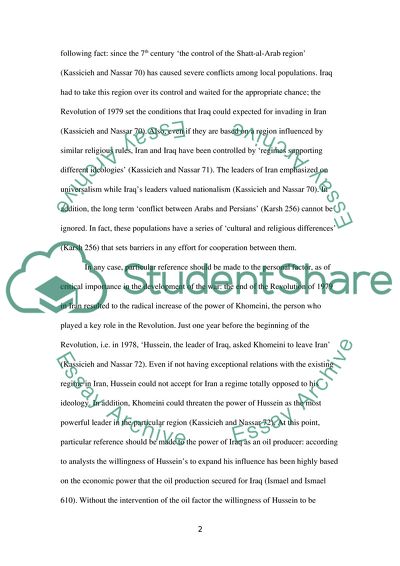Cite this document
(Relationship of the U.S with Iran and Iraq in the 1980s Coursework, n.d.)
Relationship of the U.S with Iran and Iraq in the 1980s Coursework. https://studentshare.org/politics/1847524-the-relationship-of-the-us-with-iran-and-iraq-in-the-1980s
Relationship of the U.S with Iran and Iraq in the 1980s Coursework. https://studentshare.org/politics/1847524-the-relationship-of-the-us-with-iran-and-iraq-in-the-1980s
(Relationship of the U.S With Iran and Iraq in the 1980s Coursework)
Relationship of the U.S With Iran and Iraq in the 1980s Coursework. https://studentshare.org/politics/1847524-the-relationship-of-the-us-with-iran-and-iraq-in-the-1980s.
Relationship of the U.S With Iran and Iraq in the 1980s Coursework. https://studentshare.org/politics/1847524-the-relationship-of-the-us-with-iran-and-iraq-in-the-1980s.
“Relationship of the U.S With Iran and Iraq in the 1980s Coursework”. https://studentshare.org/politics/1847524-the-relationship-of-the-us-with-iran-and-iraq-in-the-1980s.


